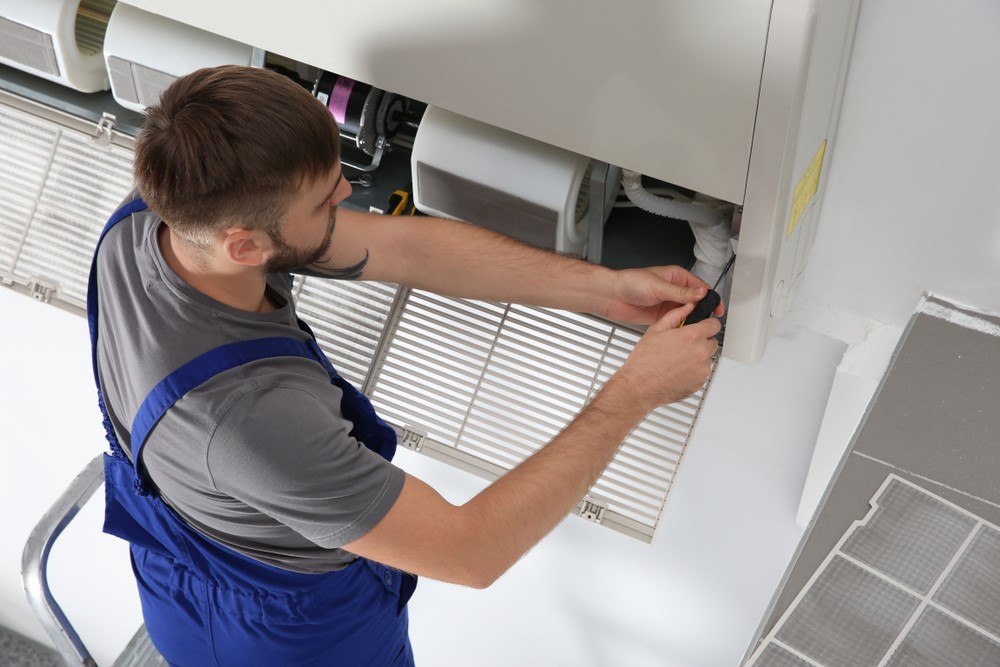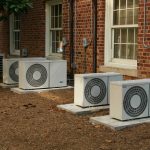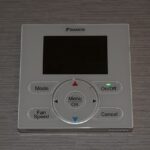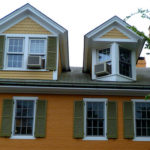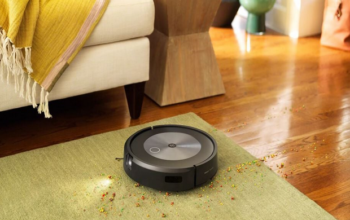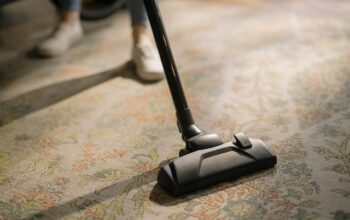Most households spend over $2,200 per year on utility bills, and about half of this amount goes toward cooling and heating expenses. It’s important for your home to run as efficiently as possible while reducing energy costs. The way for you to create a comfortable, energy-efficient home is for you to get in the habit of using preventive maintenance techniques. Adhering to these five methods doesn’t just save energy and reduce your utility expenses, but they also prevent horrible disasters that would require expensive repairs or replacements.
Inspecting and Changing Air Filters
Check the filter in your furnace, heat pump or air conditioner and change it every three to four months. (You may need to change it monthly depending on your specific system or for health-related reasons.) Not changing a filter results in early equipment failure and increased energy costs. Plus, a dirty filter makes the indoor air smelly and harder to breathe.
Lubricating Moving Parts
Your HVAC system contains moving parts that loses its lubrication over time. This creates friction inside of the unit, which results in wear and tear, and ultimately a shortened lifespan. Lubrication breakdown also increases electricity usage, which makes your air conditioner, heat pump or furnace less energy-efficient. By lubricating moving parts on a regular basis, you lower your utility bills, plus your system runs more smoothly.
Cleaning Air Conditioner Evaporator Coils
If your air conditioner is blowing little to no air, it can mean two things: either the airflow is weak or your coils are frozen. Frozen coils tend to be clogged with mold and dirt, and dirty, moldy coils decrease your air conditioner’s ability to properly cool your home. Failing to clean your unit would make your air conditioner run longer, leading to reduced equipment life and higher electricity bills.
Checking Oil or Gas Connections, Heat Exchanger, Burner Combustion and Gas Pressure
A cracked heat exchanger or a dirty burner can cause improper burner operation, which leads to safety hazards and less efficient performance. Leaking oil or gas connections can also cause health problems or fires.
Scheduling Annual HVAC Check-Ups
It is always a good idea to schedule an HVAC checkup before the harsh seasons kick in. This maintenance technique is the most important one of all. By having a technician visit your home and ensure your equipment is in proper order, most problems wouldn’t occur to begin with. For cooling systems, have a technician check it during springtime at the beginning of Daylight Savings.
For heating systems, schedule an appointment during fall at the end of Daylight Savings. You may be asking, “Why should I have my air conditioner checked in the spring and my furnace checked in the fall? Aren’t those seasons too early for system inspections?”
While it may be tempting to wait until the weather gets hot or cold before scheduling an HVAC check-up, waiting until the summer and winter months is actually too late. Technicians are extremely busy during those seasons, and there’s nothing worse than freezing to death or being drenched in a pool of sweat while waiting for a technician to solve the problem.
Related Posts

Loves home. I am here to provide how to make your home a much better place. 🙂 Blogging about HomeDecor, Home Improvements and more.
